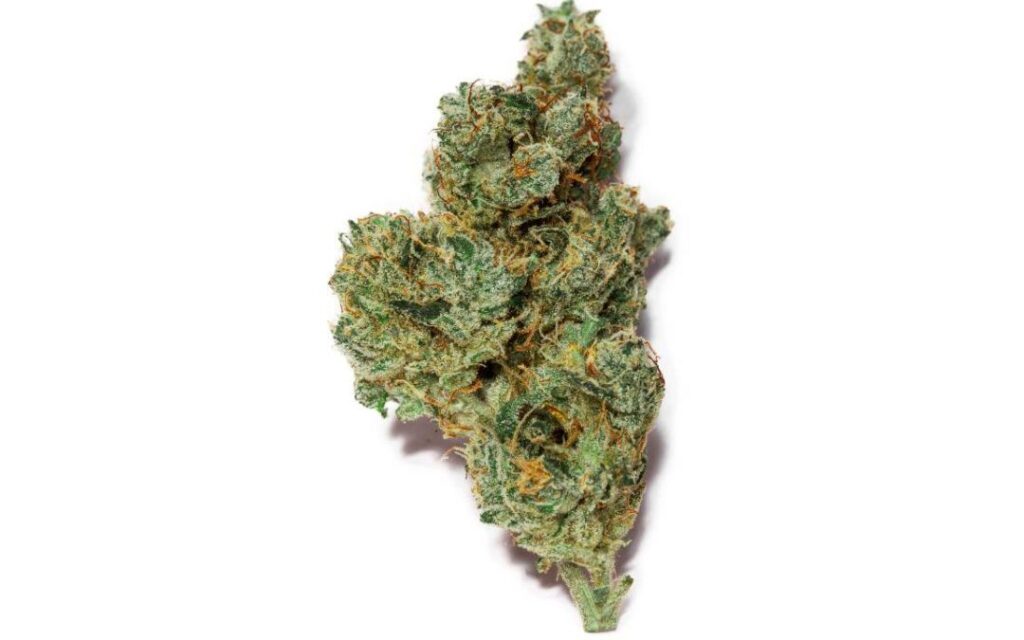Delta 8 flower, a variant of hemp flower that has garnered attention in recent years, stands out due to its unique chemical profile and effects compared to its more well-known cousin, Delta 9 THC. Delta 8 THC tetrahydrocannabinol is a cannabinoid found in cannabis plants, albeit in much smaller quantities than Delta 9 THC, the primary psychoactive compound in cannabis. To understand what makes Delta 8 flower a distinct choice, it is essential to delve into its chemical structure, its effects, and the reasons for its growing popularity. Chemically, Delta 8 THC is similar to Delta 9 THC, with the main difference being the placement of a double bond in the carbon chain. While Delta 9 THC has its double bond on the ninth carbon atom, Delta 8 THC has it on the eighth carbon. This seemingly minor difference in the molecular structure leads to significant differences in how these compounds interact with the body’s endocannabinoid system. Delta 8 THC binds to the CB1 receptors in the brain, though it tends to do so less aggressively than Delta 9 THC.

The Delta 8 flower is produced by infusing the hemp plant’s flower with Delta 8 THC. This process involves extracting with best delta 8 flower from hemp and then applying it to the raw flower material. This infusion method ensures that the Delta 8 THC is distributed throughout the flower, allowing users to experience its effects when smoking or vaping. The resultant flower retains many of the natural terpenes of the hemp plant, which contribute to its unique flavor and aroma profile. Terpenes are aromatic compounds that can also influence the effects of cannabinoids, adding another layer of complexity to the Delta 8 flower experience. One of the reasons for the growing interest in Delta 8 flower is its legal status in many areas where Delta 9 THC is still restricted. The 2018 Farm Bill legalized hemp-derived cannabinoids, including Delta 8 THC, provided they are derived from hemp containing less than 0.3% Delta 9 THC. This legal gray area has allowed Delta 8 products to proliferate, catering to consumers who want the benefits of THC without the legal complications associated with Delta 9 THC.
Moreover, Delta 8 flower has gained traction due to anecdotal evidence suggesting it may offer therapeutic benefits similar to those of Delta 9 THC but with fewer side effects. Users have reported that Delta 8 can help with anxiety, nausea, and appetite stimulation, though it is often noted that its effects are less intense than those of Delta 9 THC. This makes Delta 8 a potentially valuable option for individuals who are sensitive to the stronger psychoactive effects of Delta 9 THC or who are looking for a more balanced experience. In summary, Delta 8 flower is a unique choice within the cannabis landscape due to its distinctive chemical profile, milder psychoactive effects, and legal status. Its ability to provide a more controlled and manageable high, coupled with its potential therapeutic benefits, makes it an appealing alternative for many cannabis users. As interest and research into cannabinoids continue to evolve, Delta 8 flower represents a fascinating development in the world of hemp and cannabis products.